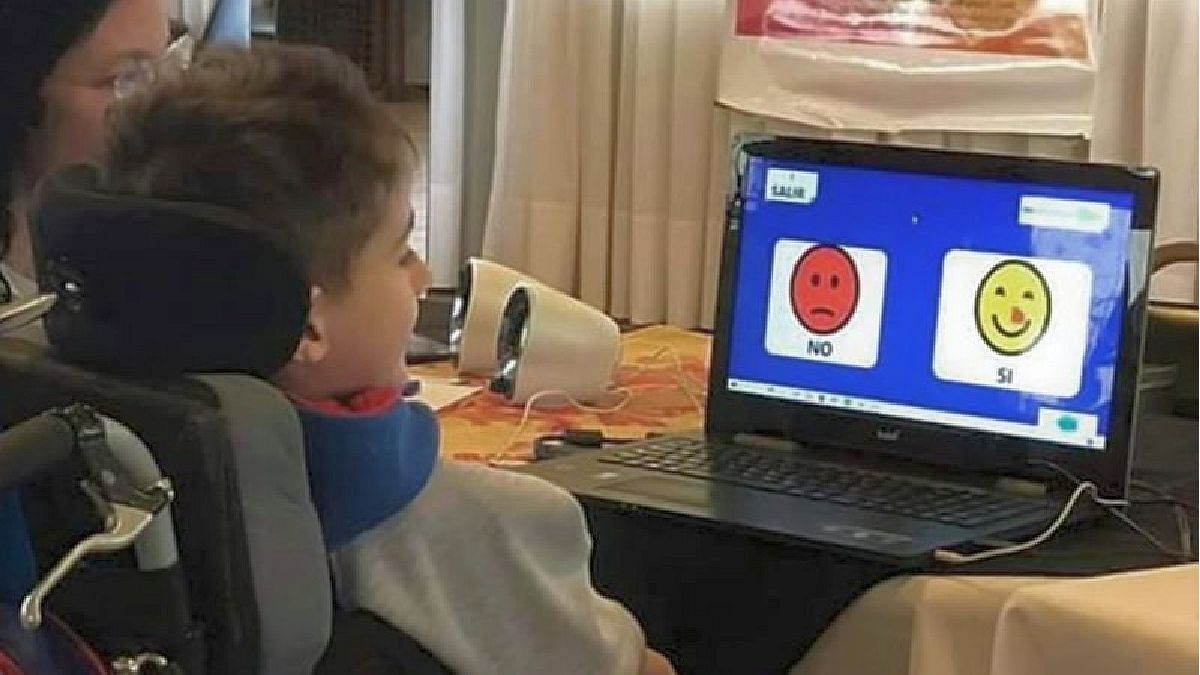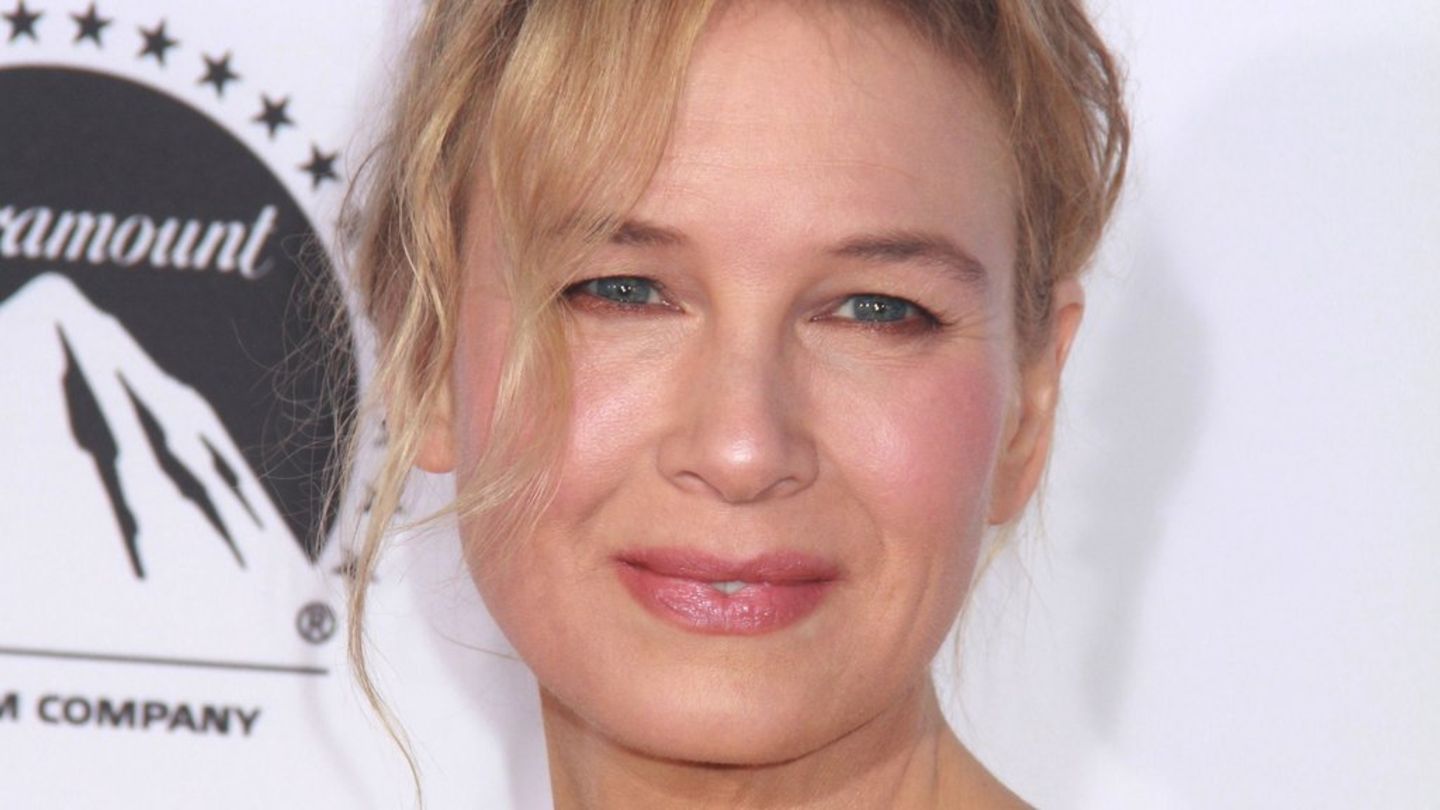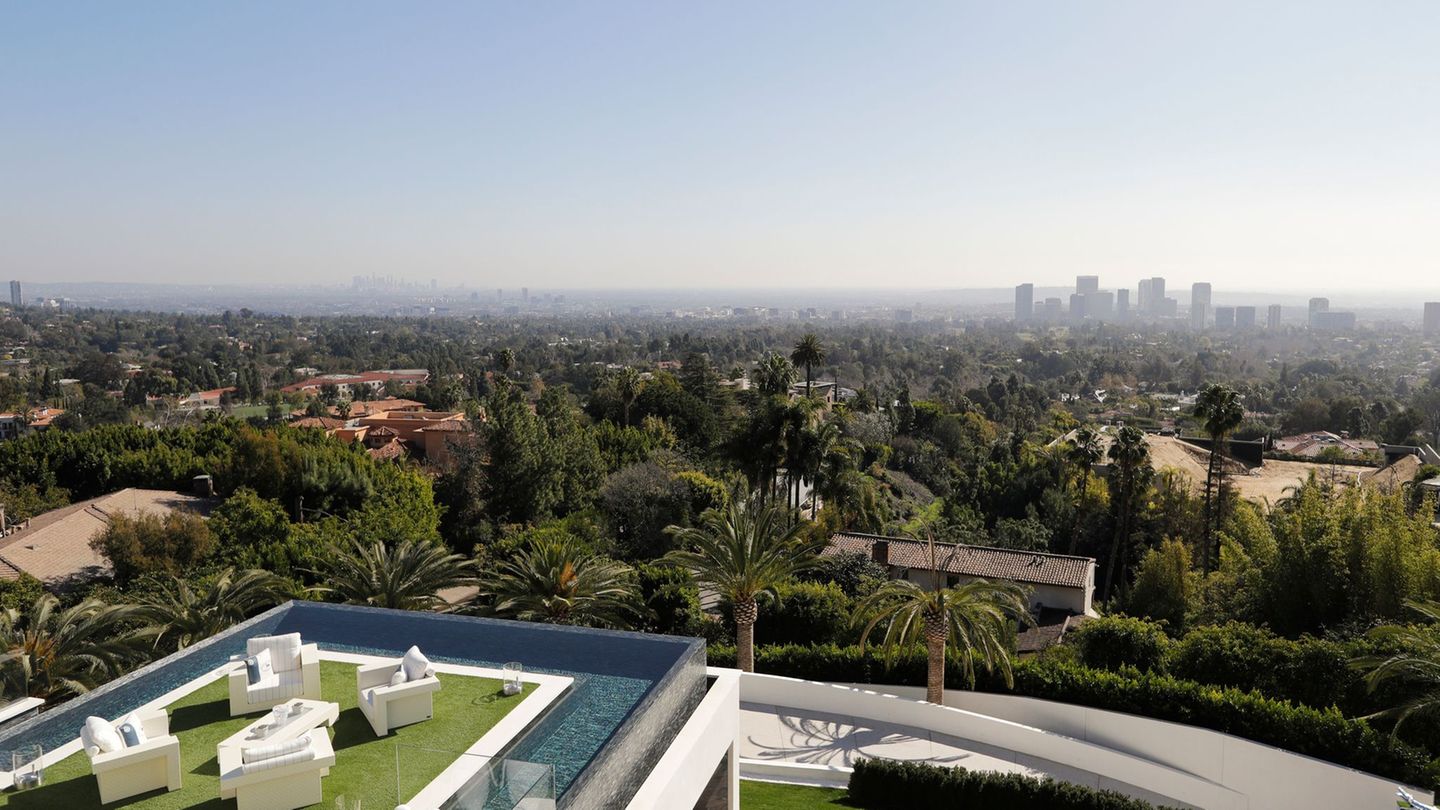Having a loved one with a disability entails an arduous task, sometimes because of their condition and sometimes not. But what is most difficult is having to break down barriers in the environment, such as access to public places, schools, squares, vacations… In parents there is usually a background fatigue: the one that is carried by asking a thousand questions about the future. But I am more and more convinced that if the accessibility barriers were lower, that fatigue would also go down a lot. That is why it is important that all of society get involved and make their small contribution so that the lives of people with disabilities are a little more friendly; for example, not protesting because you have to go down the bus ramp.
There is a lot of work ahead: more awareness campaigns and law enforcement for the integration of children with disabilities in schools are needed. There is a lack of specialized media and trained communicators on the subject. But beyond these debts, coexistence in society begins at home.
Before being the mother of a girl with a disability, I cared very little about other people’s gaze, but other parents don’t care the same way. I understand the process they go through and how that overwhelming look weighs them down. As advice, I would tell them to look at their beautiful children, love them as they are and with all that love that unites them, to go out into the street, because others also see and learn from that love.
But when these looks tend to occur within the family itself, the emotions that run through us are very mixed. Therefore, we must give time to learn, to resignify love and happiness.
I think that as parents we have to challenge society by promoting a paradigm shift. We do it every time we go out with our children and we show ourselves with indifference before those painful looks. It is a true act of courage, it is to tell them: “Here we are, watch everything you want and learn to live together in society.”
In my case, as a mother, I do not stand before others from a place of pity, but from a place of struggle, where we choose not to stay locked up and go out to enjoy a walk, for example. If the looks of others were a concern, each exit would be distressing, and I could run the risk of denying my daughter going to a square, her space of being a girl. If those looks lead us to lock ourselves in, then we have to rethink where we put the focus of attention. In us or in our children?
Disability family.jpg
But let’s differentiate. Parents also deserve to keep our spaces. For those lucky enough to be contained by friends and an empathetic extended family, the journey will be lighter. I have a friend who from the first moment understood our new family reality and she said: “Every time we see each other, you tell me when and where I’m going, I’ll adapt to your times.” It was glorious to listen to her, I felt that I did not have to explain anything to her, she alone placed herself in a very important place of help. Because if there is something that I wanted to continue supporting, it was my friendships, even though the times available were not the same.
A sum of small details allow us to sustain a reasonable life in all the roles we occupy, in addition to that of parents. From the others we do not expect sorrow, which is useless, but rather an active posture, improvement, love, empathy. So, if you know a family that is going through this reality, offer to stay with the child for a few hours so that the parents can go for coffee, for example. Those gestures are the most valued among those of us who fight to give our loved ones with disabilities a happy life.
Publicist with a master’s degree in Institutional Communication and mother of Sofy and Clara. She is the founder of Zona de Sentidos, a space for selling tools and toys for children with disabilities. She also manages the blog zonadesentidos.coma community for parents in which everything from legal information to life stories is shared
Source: Ambito




